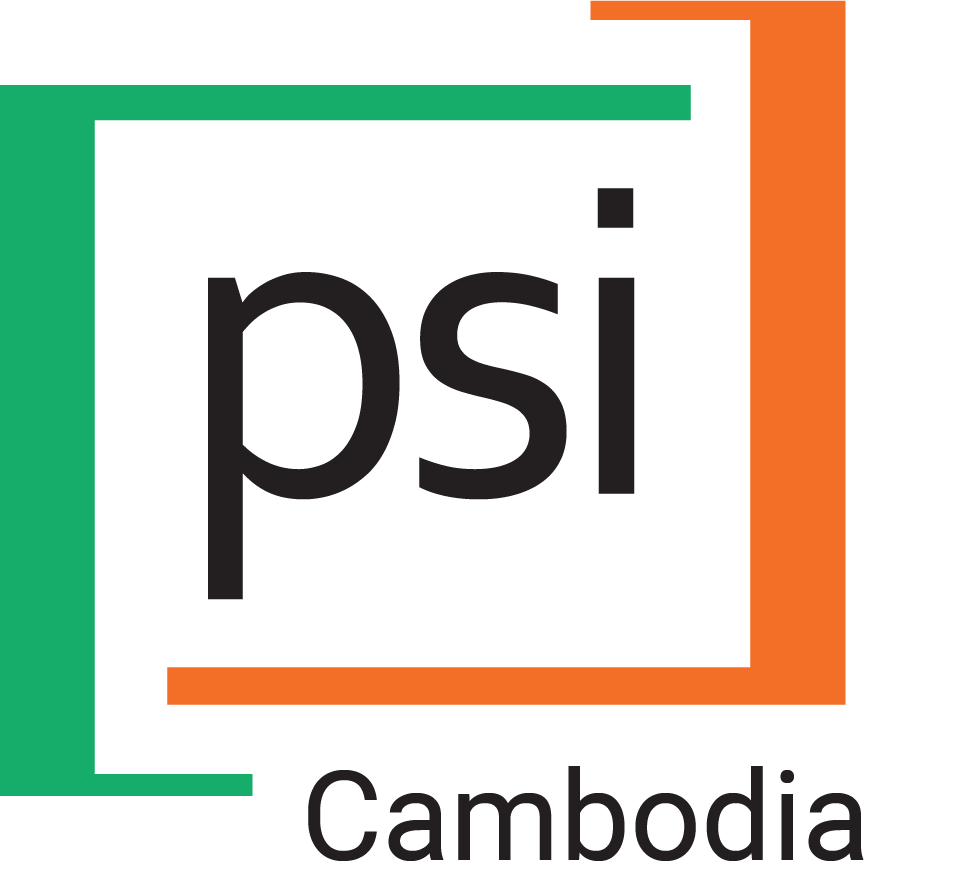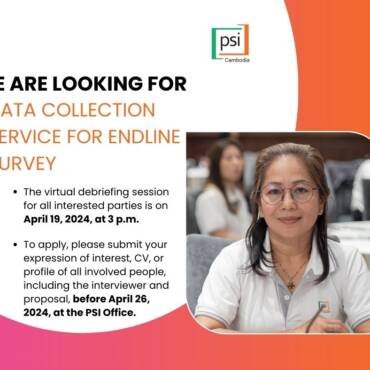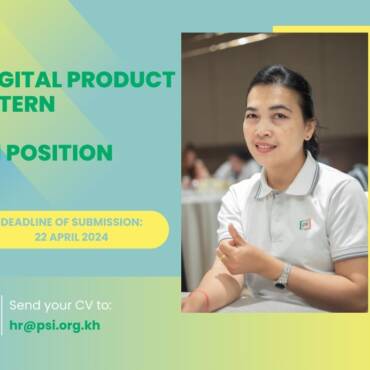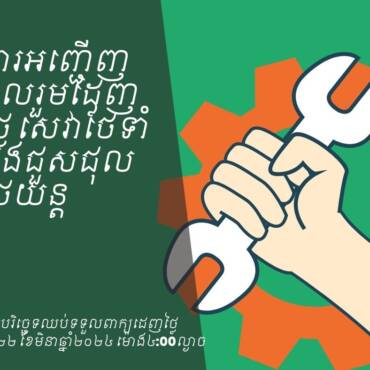Linking Gender Knowledge to Health Promotion Programs
Ms. Rany Ray listens with rapt attention as the facilitator leads a discussion on gender roles during a workshop on “Introductory to Gender Integration in Project Development” held on February 5, 2021. The discussion was followed by an exercise in which participants were asked to draw a tree depicting which decisions in the home men and women typically make.
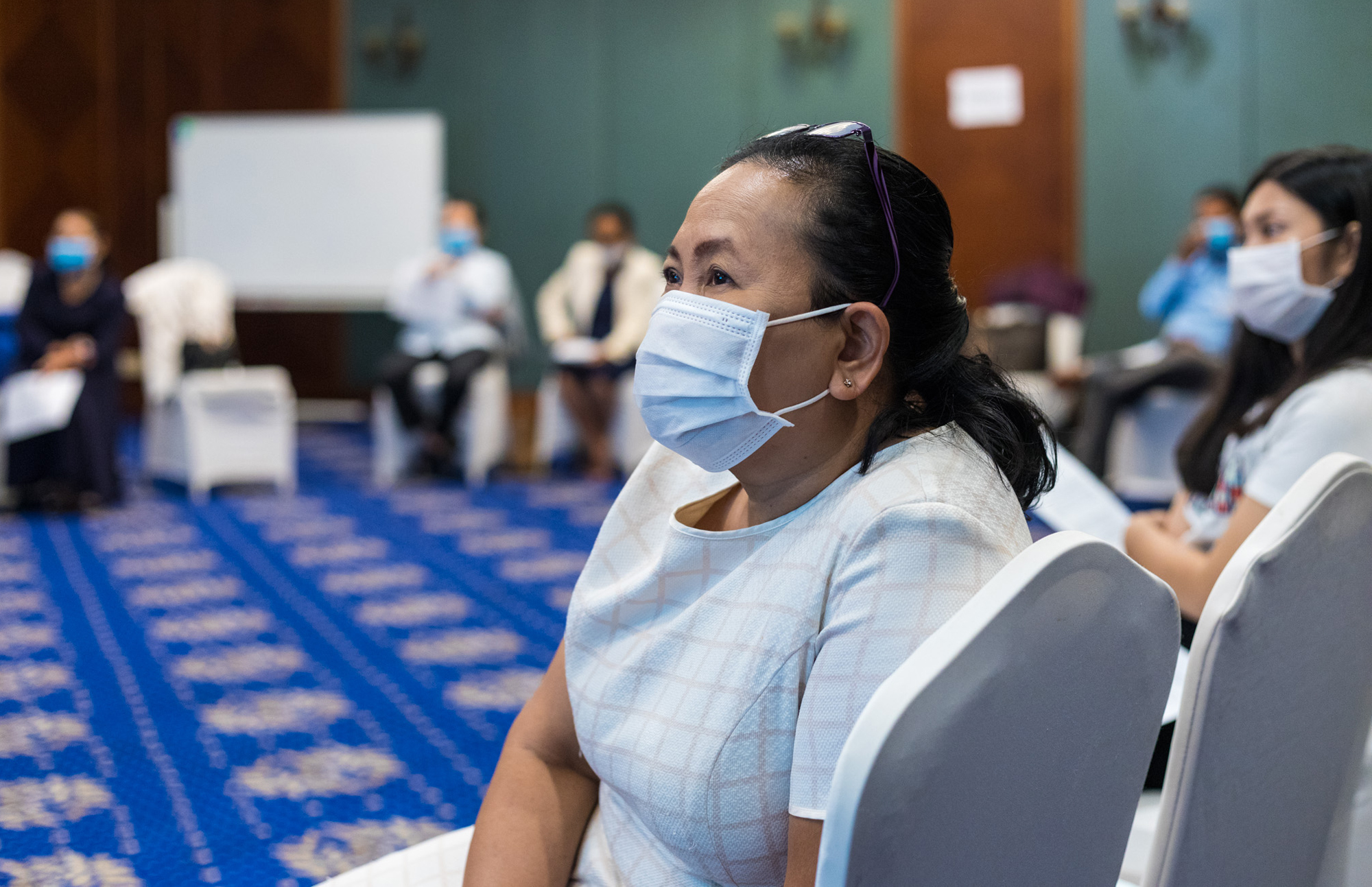
Ms. Rany is one of the senior staff members at the National Centre for Health Promotion (NCHP) of the Ministry of Health. She has been working for 18 years for the Centre and oversees the Tobacco and Alcohol Control Unit. She leads the efforts to control access and consumption of tobacco and alcohol products including activities to educate and reduce tobacco consumption, measures to ban tobacco promotions, advertisements and sponsorship by the tobacco industry, etc.

Discussion during the gender training
The training provided her and 17 of other NCHP staff members with opportunity to understand more on various topics including approaches to gender equality, gender analysis and gender integration in project planning, all of which would help her think strategically in improving her programs and reach out more to her target audience. “My daily work is related to health education which could help people to increase control over and to improve their health.”
Working at NCHP, Ms. Rany has an opportunity to work with colleagues who treat both men and women equally. She said that “in my organization, women are treated equally as men and women are protected.”
Understanding how social and gender norms impacting the lives and opportunities for different gender groups is important. And she intended to use her knowledge and opportunity to help others, especially those in the community, to have access to health information regardless of their gender identity.
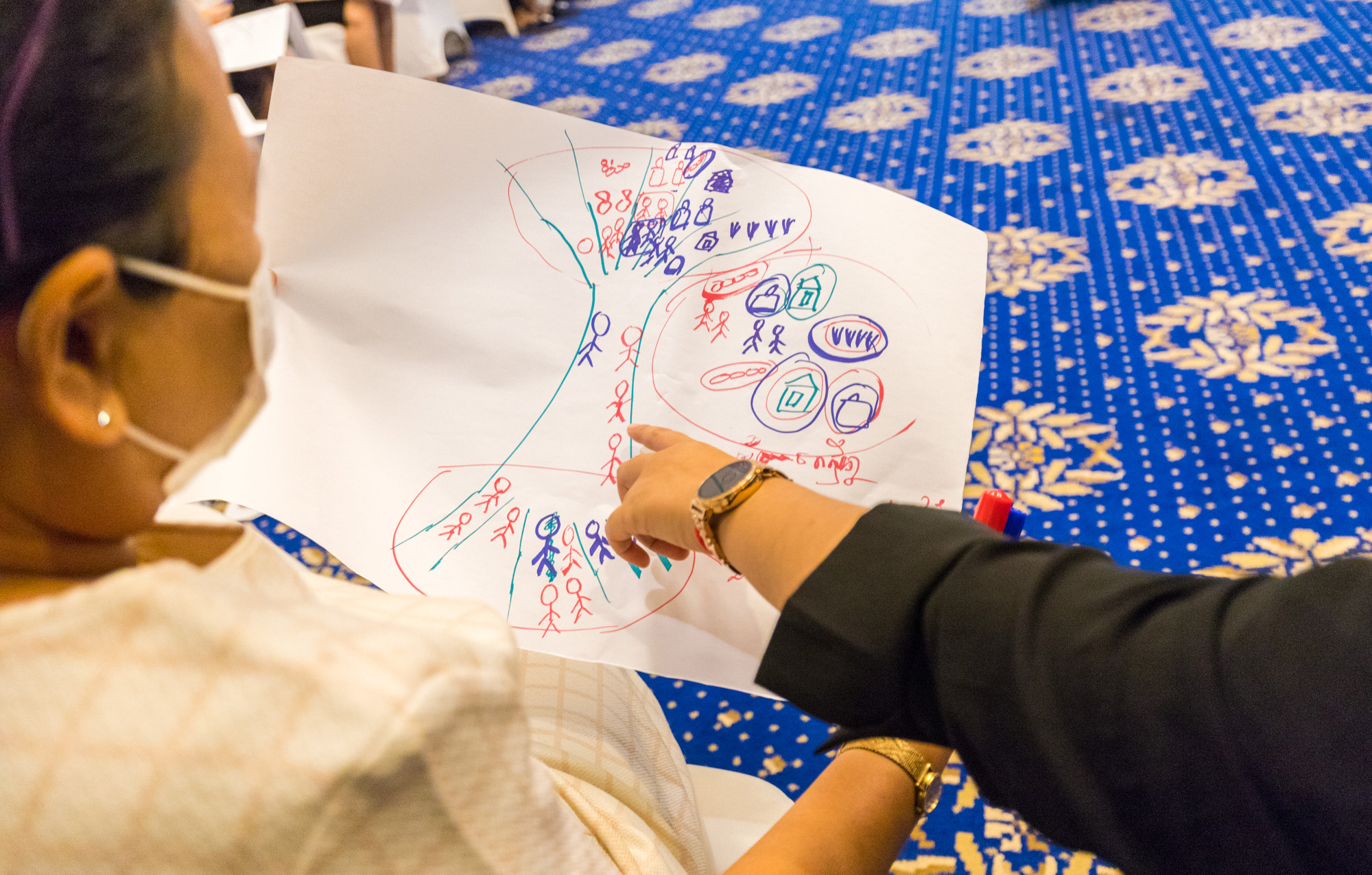
Her job requires her to think strategically and contribute to the development of national policies and plans as well as organizing public awareness campaigns including producing TV spots and educational health materials about the effects of alcohol and tobacco consumption. And consideration of gender is imperative to successful campaigns.

A group photo during an event to mark World No Tobacco Day organized by NCHP.
“I include gender consideration in my work. I am proud of my work because I love what I am doing as it is related health education and health promotion,” she said. “For our tobacco awareness campaign, for example, we engaged with both men and women.”
After the training, which was organized by PHB, a project funded by USAID, Ms. Rany added that it helps her and her team learn and understand more about gender issues and some of the topics discussed during the training can be applied in both society and family. The training is one of the efforts of PHB in integrating gender into its programming by building the capacity and raising gender awareness among health leaders, project staff and implementing partners. PHB works with health leaders like Ms. Rany to build their gender knowledge, leadership, and advocacy skills and to encourage them to act as role models and to create positive impacts within their organizations.
“All human beings are born free and equal in dignity and rights.” Ms. Rany says, “The information from the training that I am applying or will apply to my work will help my team achieve our gender equality goals.”
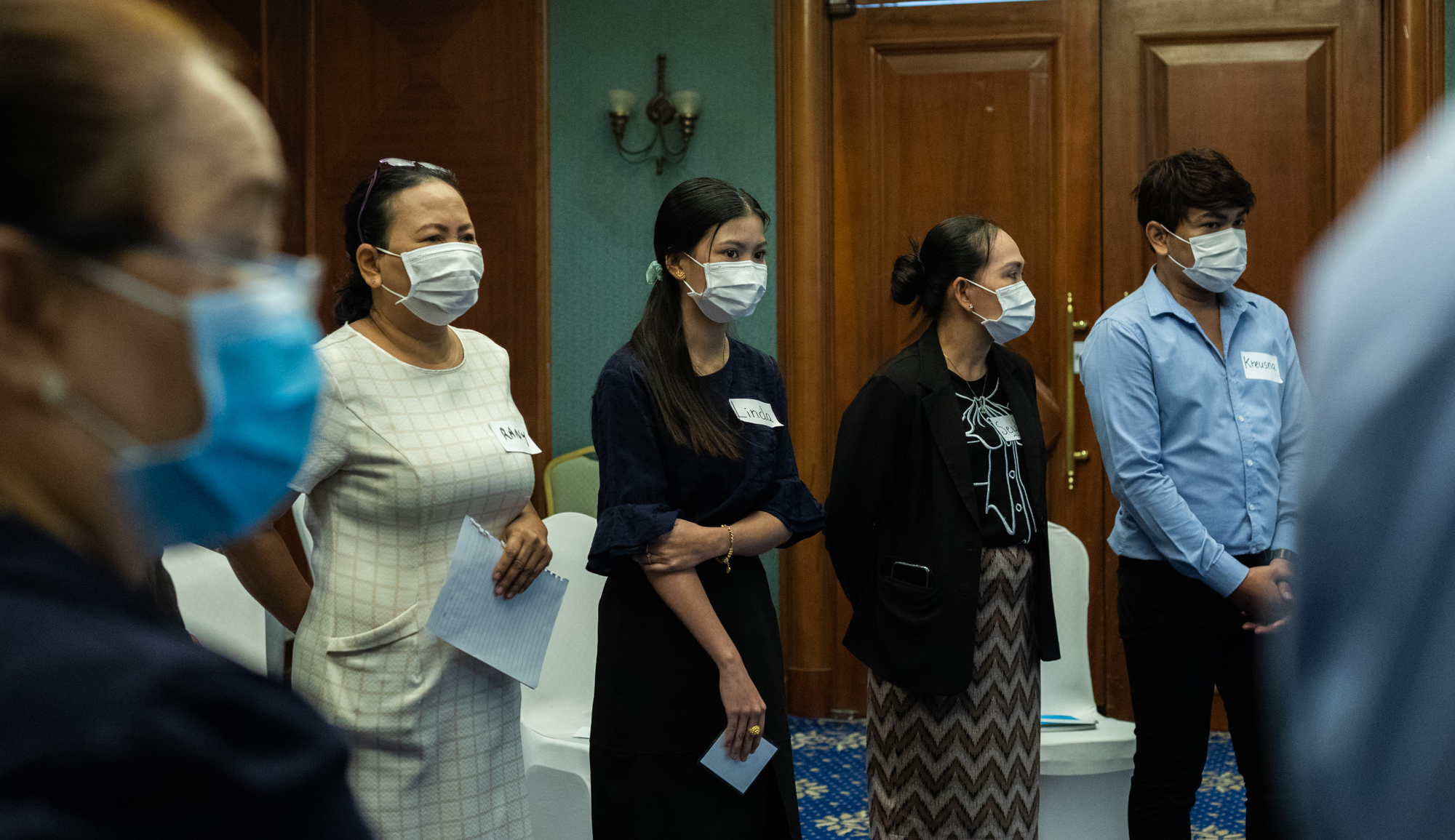
* The Promoting Healthy Behaviors (PHB) Activity is a USAID-funded Social and Behavior Change project that commenced in 2018. The goal of PHB is to improve health behaviors among Cambodians and ensure they seek and receive quality healthcare with decreased financial hardship. PHB initially targeted 6 key health areas: Maternal & Child Health; Nutrition; Water, Sanitation and Hygiene (WASH); Tuberculosis; Family Planning; and Malaria. In 2020-2021, PHB also implemented COVID-related activities in response to the global pandemic. Towards the end of 2021, noncommunicable diseases (NCDs) were added to PHB’s health portfolio, and the project was extended until June 2025.
